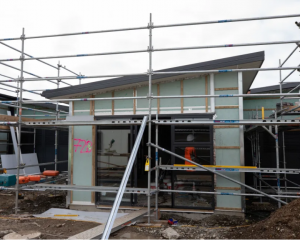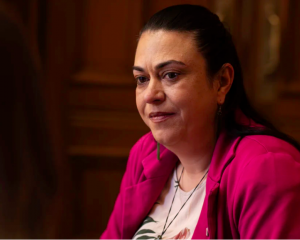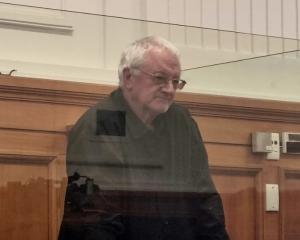Results of a large study unveiled in Auckland show a link between women with fertility problems and an increased risk of cancer in their children.
The study of more than two million people in Denmark was presented at the Fertility Society of Australia conference in Auckland.
The researchers, from the Danish Cancer Society Research Centre and Copenhagen University, found a 17 per cent higher overall rate of adult and child cancers
in the offspring of women who had fertility problems than in those born to fertile women.
"[This] is mainly explained by an increased risk of leukaemias in childhood, and ... by an increased risk of skin cancer, cancer of the urinary tract and cancer in the endocrine glands in adulthood," Dr Marie Hargreave
told the conference.
"For all other childhood cancer types and adulthood cancer sites we found no statistically significant associations."
The increase in the relative risk of childhood leukaemias was greater, at 33 per cent, than for cancer overall.
Dr Hargreave said other studies had pointed to a potential increased risk of cancer in children who were conceived through the use of assisted reproductive technology, but the results had been inconsistent and were
limited by imprecise risk estimates.
"Furthermore, if negative effects of assisted reproductive technology are present, they could be related to the underlying infertility rather than the procedure itself."
Auckland University professor of biostatistics, Thomas Lumley, said the study appeared very reliable for demonstrating that there was a higher risk in children of infertile women, but didn't allow any reliable
conclusions about the reasons.
"Part of the background to this is that a drug used to prevent miscarriage in the 1950s and 1960s, diethylstilboestrol, caused a specific, rare form of cancer in female offspring."
Fertility Society president Dr Mark Bowman said there was no conclusive evidence the increased cancer risk reported by Dr Hargreave was "directly associated" with fertility treatment.
"Importantly, the research
involves offspring born since 1963, nearly two decades before IVF came to Denmark.
"Since the first in-vitro fertilisation baby was born in Britain in 1978, five million babies have been born through this technology around the world. Overwhelmingly, these IVF offspring ... enjoy very good health."
- Martin Johnston, New Zealand Herald












